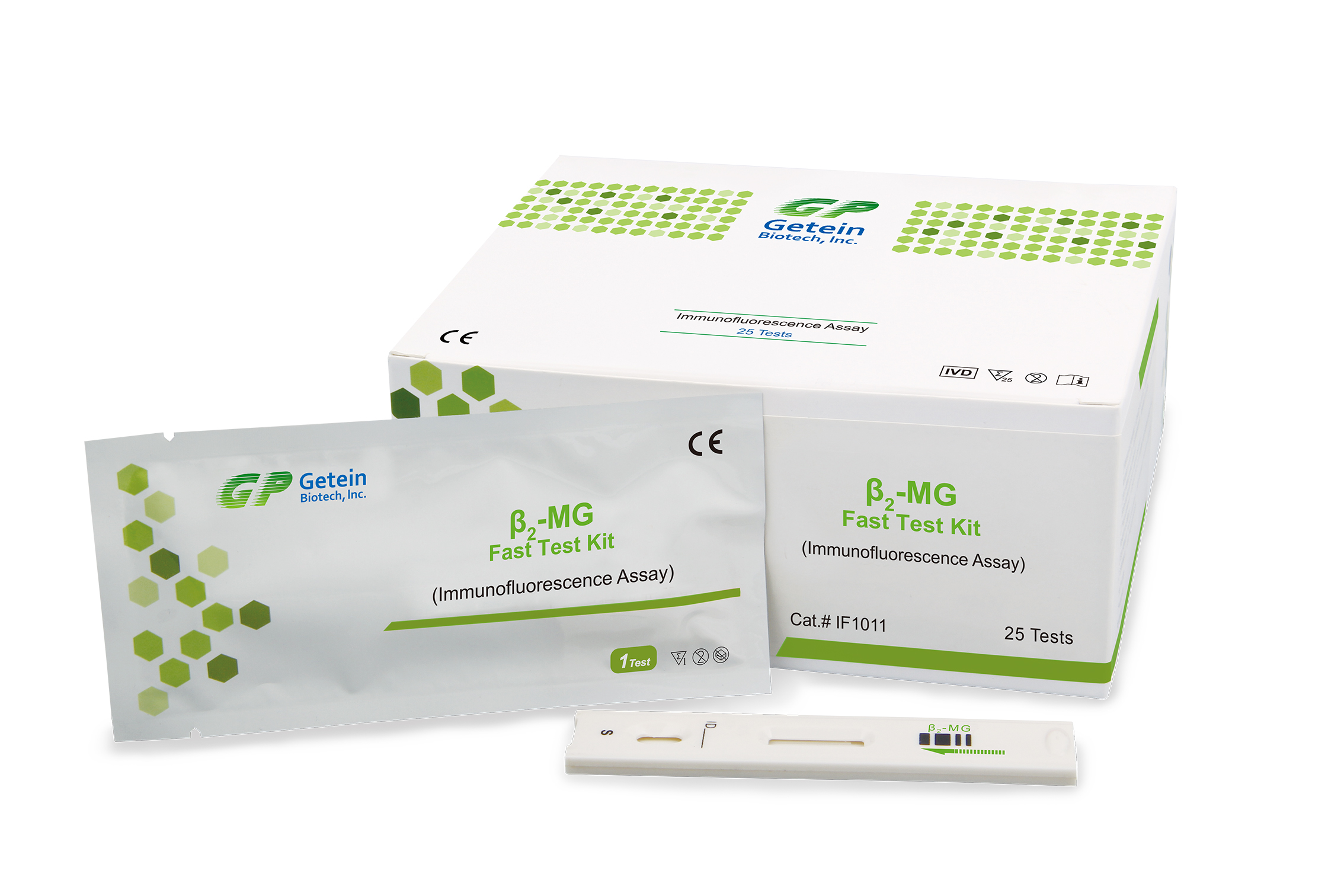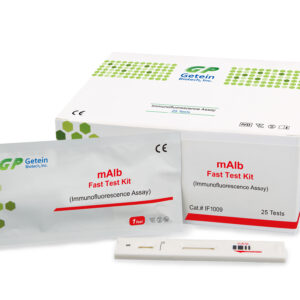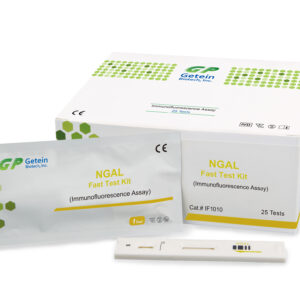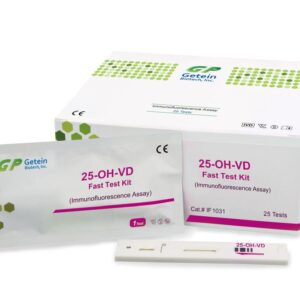Description
B2-MG is an 11.8 kDa protein, which forms one of the chains of the major histocompatibility complex (MHC) class I molecule normally present on the surface of every nucleated cell in the human body. Ninety percent of B2-MG is eliminated via glomerular filtration and almost completely reabsorbed by the proximal tubule. B2-MG is present in small amounts in serum, CS, and urine of normal people, and to a much greater degree in the urine and plasma of patients with tubular proteinemia, renal failure, or kidney transplants.
Among the uremic toxins in the “middle molecule” range, B2-MG is certainly one of the most frequently studied compounds. Its serum level increases with the progression of chronic kidney disease, to reach very high concentrations in patients with end-stage kidney disease. It is the major protein component of dialysis-related amyloidosis, a dramatic complication which results from high extracellular concentration and posttransla-tional modification of B~-MG and a number of other promoters of amyloid fibril formation and deposition in osteo-articular tissues.





